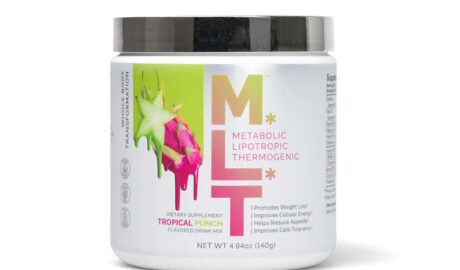In this article
- WAY
Follow your favorite stocksCREATE FREE ACCOUNTThe Waystar team celebrates its IPO at the Nasdaq2024 Nasdaq, Inc. / Vanja Savic
Health-care payments company Waystar on Monday announced a new generative artificial intelligence tool that can help hospitals quickly tackle one of their most costly and tedious responsibilities: fighting insurance denials.
Hospitals and health systems spend nearly $20 billion a year trying to overturn denied claims, according to a March report from the group purchasing organization Premier.
“We think if we can develop software that makes people’s lives better in an otherwise stressful moment of time when they’re getting health care, then we’re doing something good,” Waystar CEO Matt Hawkins told CNBC.
Waystar’s new solution, called AltitudeCreate, uses generative AI to automatically draft appeal letters. The company said the feature could help providers drive down costs and spare them the headache of digging through complex contracts and records to put the letters together manually.
Hawkins led Waystar through its initial public offering in June, where it raised around $1 billion. The company handled more than $1.2 trillion in gross claims volume in 2023, touching about 50% of patients in the U.S.
Claim denials have become a hot-button issue across the nation following the deadly shooting of UnitedHealthcare CEO Brian Thompson in December. Americans flooded social media with posts about their frustrations and resentment toward the insurance industry, often sharing stories about their own negative experiences.
Read more CNBC reporting on AI
- Anthropic in talks to raise funding at $60 billion valuation
- OpenAI says it needs ‘more capital than we’d imagined’ as it lays out for-profit plan
- Business spending on AI surged 500% this year to $13.8 billion, says Menlo Ventures
- AI agents are having a ‘ChatGPT moment’ as investors look for what’s next after chatbots
When a patient receives medical care in the U.S., it kicks off a notoriously complex billing process. Providers like hospitals, health systems or ambulatory care facilities submit an invoice called a claim to an insurance company, and the insurer will approve or deny the claim based on whether or not it meets the company’s criteria for reimbursement.
If a claim is denied, patients are often responsible for covering the cost out of pocket. More than 450 million claims are denied each year, and denial rates are rising, Waystar said.
Providers can ask insurers to reevaluate claim denials by submitting an appeal letter, but drafting these letters is a time-consuming and expensive process that doesn’t guarantee a different outcome.
Hawkins said that while there’s been a lot of discussion around claims denials recently, AltitudeCreate has been in the works at Waystar for the last six to eight months. The company announced an AI-focused partnership with Google Cloud in May, and automating claims denials was one of the 12 use cases the companies planned to explore.
Waystar has also had a denial and appeal management software module available for several years, Hawkins added.
AltitudeCreate is one tool available within a broader suite of Waystar’s AI offerings called AltitudeAI, which the company also unveiled on Monday. AltitudeCreate rolled out to organizations that are already using Waystar’s denial and appeal management software modules earlier this month at no additional cost, the company said.
Waystar plans to make the feature more broadly available in the future.
“In the face of all of this administrative waste in health care where provider organizations are understaffed and don’t have time to even follow up on a claim when it does get denied, we’re bringing software to bear that helps to automate that experience,” Hawkins said.
Don’t miss these insights from CNBC PRO
- Wall Street analysts see big gains for these Warren Buffett-owned stocks in 2025
- Dan Niles names cash as a top pick for the first time since market drop in 2022
- Morgan Stanley says rising rates are threatening the bull market so ride it out in these quality stocks
- Goldman adds three stocks to conviction list to start year, including one where it sees nearly 60% upside





